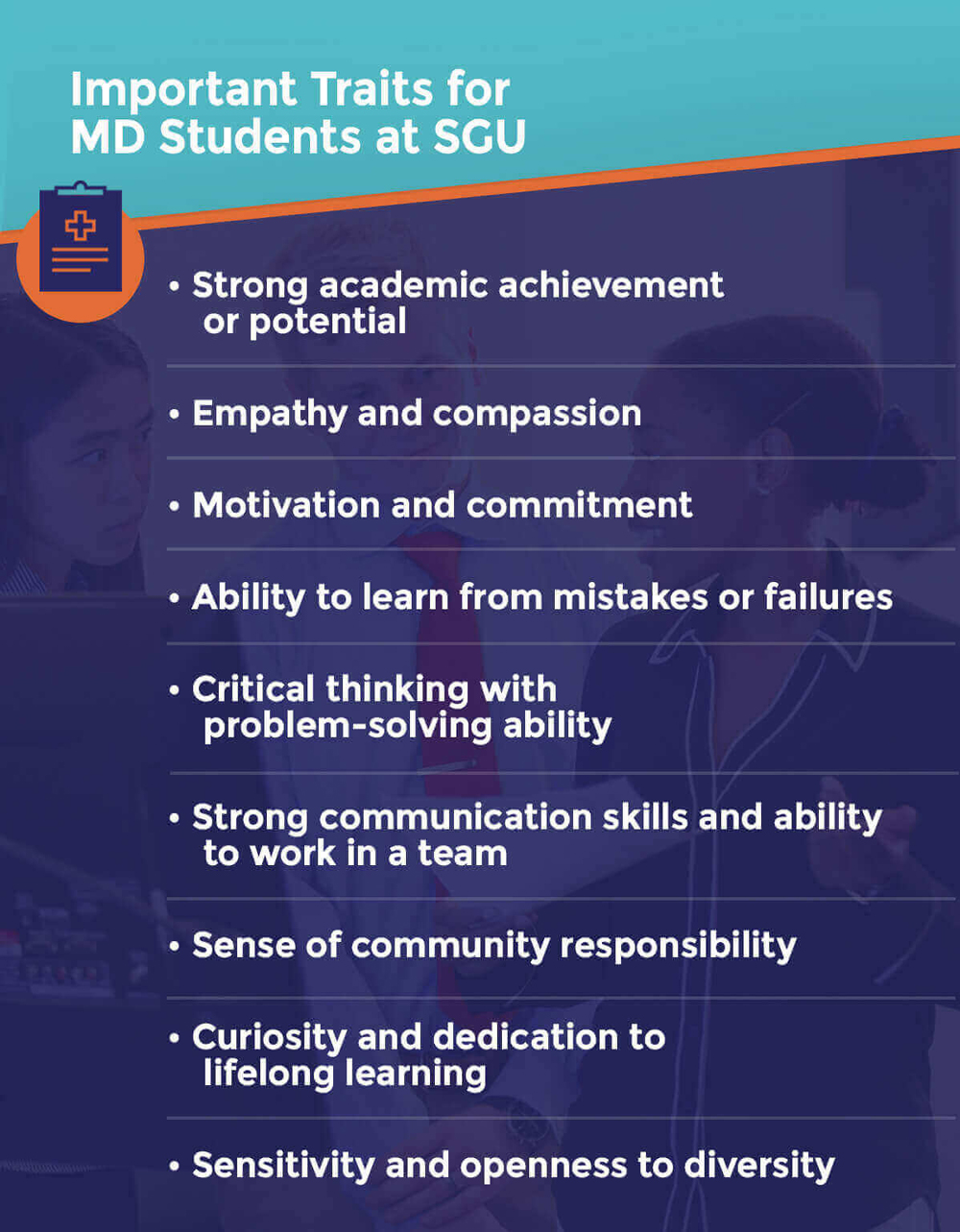Congratulations! For aspiring Doctor of Medicine (MD) students, getting invited to one or more interviews is incredibly exciting. Receiving an invitation is a clear sign that a medical school views you as a great candidate. That said, preparation is essential to ensure you stand out among the competition. To better understand how to prepare for medical school interviews, review this advice.
What are medical schools looking for?
Generally speaking, medical schools want to know a few key things about applicants:
- Their preparedness for an academically challenging curriculum
- How well they work with others
- Whether they would be a good physician
As the Association of American Medical Colleges (AAMC) points out, medical schools are interested in admitting students who can handle a rigorous course load and work well with people. This means an interviewer’s ultimate goal is to determine whether or not you have what it takes to be a successful physician.
Before interview season arrives, you should take some time to reflect on your abilities and be prepared to discuss them. You should be practiced in articulating your thoughts about common interview topics and, more importantly, your reasons for wanting to become a doctor.
How to prepare for medical school interviews: 5 tips for success
There is a lot that goes into navigating the medical school application process as a whole, but it’s important to allow time to focus fully on medical school interview preparation. Get into Medical School: A Strategic Approach is a great option for those who want an extensive resource. You’ll find an abbreviated overview of medical school interview tips below.
1. Understand your audience and the dynamics of the interview process
The interviewers you meet will be different for every school. Some institutions conduct traditional one-on-one interviews with a single admissions committee member. Others hold Multiple Mini Interviews (MMIs), which entail a series of around 10 short discussions focused on specific topics.
Do some research about what type of format you can expect to help you gain a sense of the individual(s) you may be meeting. It can help you better understand how to approach your interview.
2. Consider your strengths in key areas of assessment and practice articulating them
By the time you’ve entered the medical school interview process, the institution has already evaluated your academic abilities. What they still need to assess, however, are the attributes that can’t be captured on paper. It’s a good idea to become familiar with the AAMC’s 15 core competencies. You might also consider looking into whether the schools you’re applying to outline characteristics they value.

Think about how you might be able to address these attributes during interviews:
- Did you have a personal experience that spurred your interest in medicine?
- Have you been involved in organizations that reflect your commitment to continued learning?
- Have you been exposed to diverse groups of people who taught you valuable lessons?
3. Make a connection to your personal statement
Consider reviewing your personal statement and other application components before every interview. As the AAMC notes, interviewers will likely use your application materials as a springboard for discussions. You should be able to recall the details you shared in your application and be prepared to speak to them intelligently.
If your statement reflects your true passion for the work and your goals, let those talking points shine in the interview. If you have information about specific research or work you’ve done, make sure you brush up about those details beforehand. The better you understand your own work, the better you can showcase your strengths.
4. Practice your interview skills
Mock interviews are among the most effective methods for preparation, even in the event that interviews are held remotely. In fact, the AAMC created a practice tool that allows students to discuss six example questions in a virtual interview environment. If you’re still in college, look into whether your school offers some sort of mock interview service. You can also practice with a trusted mentor.

As for the types of medical school interview questions you can expect, common ones include the following:
- Why do you want to be a doctor?
- What was your favorite class in college and why?
- Why are you interested in our medical school?
- Do you have any questions for us?
Keep in mind that questions may also cover ethical challenges or somewhat controversial topics, like your stance on stem-cell research, your views on euthanasia, or your feelings about the lack of diversity in health care. Be prepared to voice your opinion on hot-button issues in the field.
5. Be confident and committed
While you need to take interviews seriously, you already have a lot to be proud of. One of the most important facts to know about medical school interviews is they’re only offered to qualified candidates who are likely to succeed. The interview is also your chance to become more familiar with the schools you’ve applied to. Allow yourself to converse with interviewers. When you are engaged in the process, you’ll appear more confident and eager to tackle the challenges that come with being a physician.

Prepare for medical school interview success
Once you have some time to begin strategizing, determining how to prepare for medical school interviews will start to feel less daunting. It can also help you begin narrowing the list of institutions you’re considering.
Learn more about selecting the right program by reading, “How to Choose a Medical School: 9 Things to Evaluate Before Accepting.”
*This article was originally published in January 2018. It has since been updated to include information relevant to 2021.

